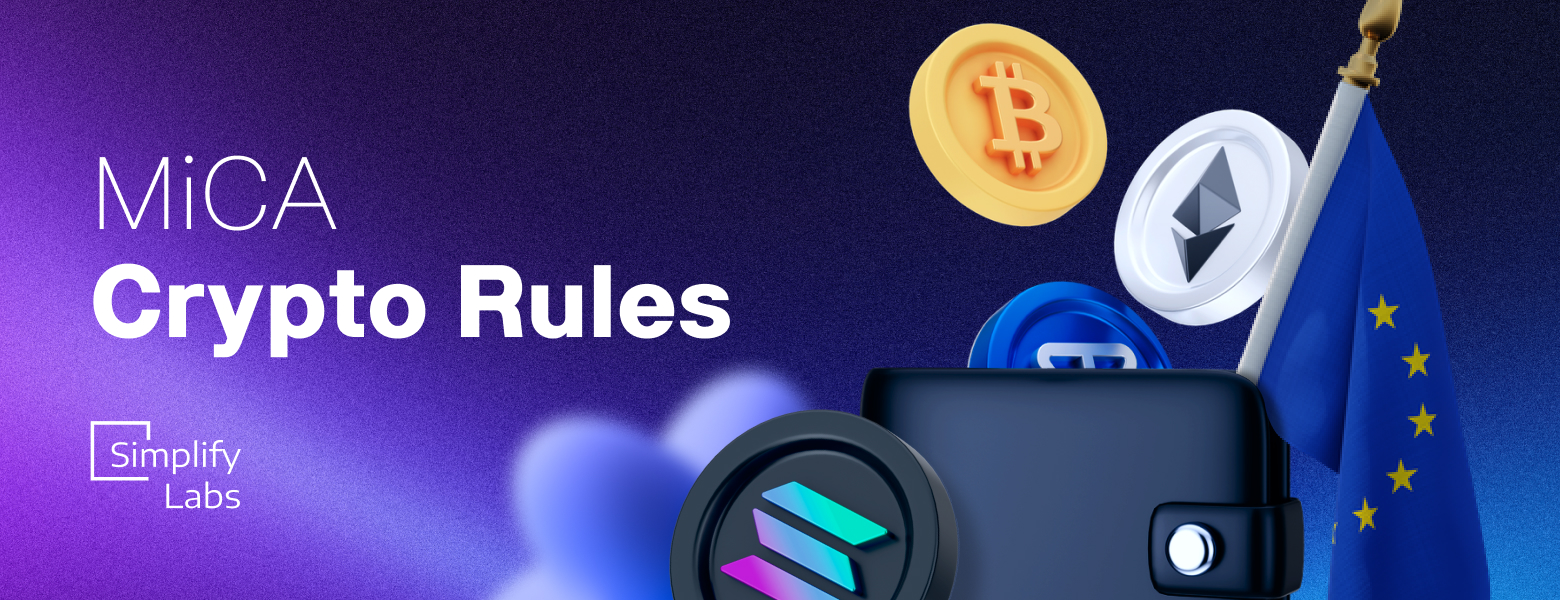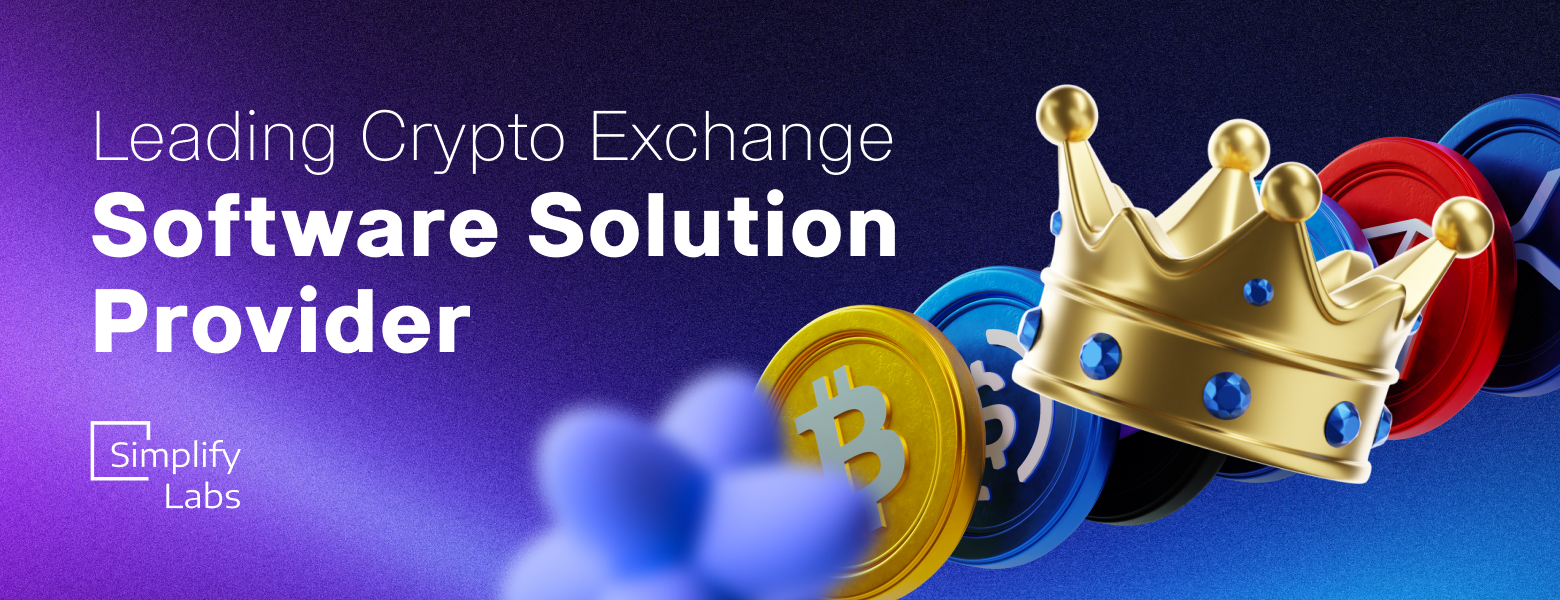In 2025, over-the-counter (OTC) trading volumes have grown greatly, especially in cryptocurrency and unique asset markets. Today, the average trading volume of OTC trades exceeds USD 1,300 billion daily. Over-the-counter trading offers many benefits, in particular, more flexibility and support for a wider choice of financial products. This includes stocks from small companies, cryptocurrencies, and complex derivatives.
OTC crypto trades avoid traditional centralized exchanges, and buyers and sellers can make direct transactions through a network of brokers or intermediaries. We will discuss the fundamentals of OTC trading in this guide. You will also learn how to start trading in decentralized markets.
Fundamentals of OTC Trading
Over-the-counter trading is a process in which two parties buy or sell financial instruments directly without using centralized exchanges like the NYSE or NASDAQ. This trading happens on decentralized networks of brokers or dealers. It allows businesses and individuals to trade securities, commodities, derivatives, or cryptocurrencies and get more flexibility and privacy.
OTC trading is also important for the cryptocurrency market. In this type of trading, there is no central exchange involved. Instead, the trades depend directly between the parties, and the brokers facilitate the deals. OTC deals with crypto provide more liquidity in markets that lack it, and they allow customized trades. However, this approach also involves higher risks from the other party and has less regulatory oversight compared to trading via an exchange.
OTC Trading Vs Direct Market Access (DMA)
Over-the-counter trades and Direct Market Access (DMA) are two ways that you can choose if you want to buy and sell cryptocurrencies. As we have already mentioned, OTC trading is a process where two parties trade directly with each other, usually with the help of brokers and without using traditional exchanges. This method offers more flexibility in pricing and contract terms, which is useful for unusual or large transactions with cryptocurrencies and other assets. However, since trades are off the exchange and private, they often lack transparency and have less regulation. These limitations increase the risk of one party failing to meet its obligations.
In its turn, Direct Market Access (DMA) allows investors, typically institutions, to trade directly on exchange order books without intermediaries. This gives them greater control over how their orders are executed, including timing and pricing. In summary, DMA operates in a more regulated environment. With this approach, participants get more transparency and regulatory oversight from the exchange.
Benefits and Limitations of OTC Trading
OTC crypto trading has many benefits that attract different types of investors. It is particularly appealing to those who want flexibility when trading unique assets or need privacy for large transactions. At the same time, it has certain limitations.
Advantages of Crypto OTC Trading
Over-the-counter transactions bring some key benefits, particularly for large US buyers and sellers. You can expect the following advantages when you choose this approach:
- Confidentiality. Trades remain private, and they are not listed on public order books. This maintains anonymity for both parties.
- Flexibility. Buyers and sellers can agree on different settlement terms to make operations easier. In other words, you can negotiate on price, volume, and terms, which is especially useful for large or unusual deals.
- Large-Volume Execution: OTC crypto exchanges handle large deals without affecting market prices. Investors can make large trades privately without affecting market prices. This feature is particularly attractive to institutional investors who are seeking high liquidity.
- Wider Choice of Assets. Investors can buy and sell assets that are not listed on regular exchanges. Such markets allow you to access assets that you usually can’t find on centralized exchanges. This opens up more investment options.
Limitations of OTC Trades
On the other hand, there are limitations of over-the-counter crypto trades:
- Higher Counterparty Risk. There is no central clearinghouse, and the risk that the other party won’t meet their agreement is higher.
- Lower Liquidity. Many over-the-counter assets usually have low liquidity. This can make it hard to buy or sell large amounts quickly.
- Less Regulatory Oversight. Markets have less regulation than centralized exchanges, which makes them more open to fraud or manipulation.
In addition, since there is no central exchange, prices can vary widely, and transparency can be a concern. However, you can see that there are more benefits to using crypto OTC platforms compared to centralized exchanges.
Pros and Cons of OTC Crypto Trading: Comparison Table
For readers’ convenience, we have summarized the main benefits and limitations of OTC crypto trading platforms in a table.
| Benefits | Limitations |
| Increased confidentiality | Limited regulatory oversight |
| More flexibility | Counterparty Risks |
| Better terms for large-volume trades | Lower liquidity for some assets |
| A bigger choice of assets |
Main Users of OTC Trading Platforms
Here are some examples of users who benefit from over-the-counter transactions:
- Crypto platforms. Different crypto platforms can expand the list of their services.
- Businesses. Entrepreneurs can launch their own crypto exchange, particularly by partnering with reputable developers that offer white-label solutions.
- Fintech companies. They can integrate crypto services into their current structure and expand their offerings.
- Institutional investors. Investors such as hedge funds and pension funds may use these tools to access the cryptocurrency market.
- Individuals. People with substantial wealth often choose over-the-counter transactions to purchase and sell large volumes of cryptocurrencies.
As you see, the list of users is extensive. Crypto platforms can implement an OTC desk and benefit from a wider range of services they offer to their users. In addition, businesses can also start a simple crypto exchange and enter the cryptocurrency market. In the next section, we will explain how you can launch a crypto platform.
Launching a Crypto OTC Trading Platform: Custom-Built Vs White Label Solutions
If you want to launch an OTC crypto exchange, you have several options. Specifically, there are two main approaches to developing a platform:
- To create a platform from scratch or
- Deploy a white‑label platform.
A white-label solution is usually cheaper and faster. With such top-tier developers as Simplify Labs, businesses will get many benefits. In particular, you get a customizable platform for crypto trading and further expert help. These solutions can grow with your business and meet your specific needs. In contrast, creating a platform from scratch takes more time and resources. Let’s discuss both approaches in detail in the next sections.
Building from Scratch
Starting from scratch means you are responsible for building every aspect of the platform yourself. That includes the trading engine, admin panel, and other features. For this, you will need to hire developers and provide ongoing maintenance and support.
This approach has its advantages, such as:
- No risk in partnering with an unreliable developer
- Opportunity to build a platform fully tailored to your business
- More options for scalability and modifications.
At the same time, custom-built platforms have obvious drawbacks:
- You will face high development costs, and
- It takes much more time to develop a platform from scratch.
With custom development, you can create a unique user interface and tailor the platform to your specific requirements. However, this approach requires significant investment and a long development time.
White‑Label Solutions
White-label cryptocurrency exchange solutions can help you start a crypto exchange easily and quickly. Building a platform from scratch helps you avoid the risk of unreliable software developers. However, partnering with a top developer like SimplifyLabs has many advantages. In particular, SimplifyLabs provides white-label solutions with:
- Lower startup costs
- Quick setup, and
- Ongoing customization and support.
When you choose a white-label solution from a reputable provider of White Label OTC solutions, you get the following benefits:
- Quick market entry with a turnkey solution and ready-to-use infrastructure
- Options for branding, customization, and scalability that allow you to tailor the design elements, colours, and logo to your brand
- Pre-built compliance and liquidity tools, such as regular security and AML checks, and others
- Ongoing support from a professional team with a personal manager who is ready to help throughout the development and further maintenance of your platform.
Two main downsides of white-label solutions are the reliance on the developer and security concerns. However, you can reduce the risks by selecting a trusted developer. If you choose a white label solution, you may launch a crypto platform within two months on average.
OTC Trading Regulation in the US
Over-the-counter trades have fewer rules than trading on an exchange, but they still follow some guidelines to protect investors and ensure oversight. In the US, the Securities and Exchange Commission (SEC) plays an important role in overseeing the market. It regulates broker-dealers and requires companies to file reports. The Financial Industry Regulatory Authority (FINRA) also monitors brokers to ensure they follow laws that protect investors and prevent fraud.
Security of OTC Crypto Platforms
Over-the-counter transactions involve more security risks because it has lower liquidity, less transparency, and no central clearinghouse. These issues make it easier for price manipulation and fraud to happen.
Investors can lower some risks by doing their homework:
- They should check out brokers,
- Look at company finances when possible, and
- Understand the specific risks linked to the assets they are trading.
For institutional investors trading over-the-counter cryptocurrencies, it is important to take extra security steps, such as:
- Managing risks from other parties and
- Using reputable OTC desks.
However, over-the-counter exchanges lack the safety measures found in other exchanges. Therefore, individual traders and institutions must work harder to assess and manage their own risks.
Conclusion: Mastering OTC Crypto Trading
Over-the-counter trading offers new options for businesses that want more flexibility and access to a wider range of assets. Unlike traditional exchanges, the OTC market allows you to negotiate personalized deals and make private transactions, which can be beneficial for larger trades. However, investors must understand the potential risks, including lower liquidity and less regulatory oversight.
Therefore, trust and reliability are crucial for crypto platforms. You need to pay special attention when selecting a software provider for your OTC crypto exchange. We recommend that businesses choose providers that ensure regulatory compliance and hold top-notch certifications.






